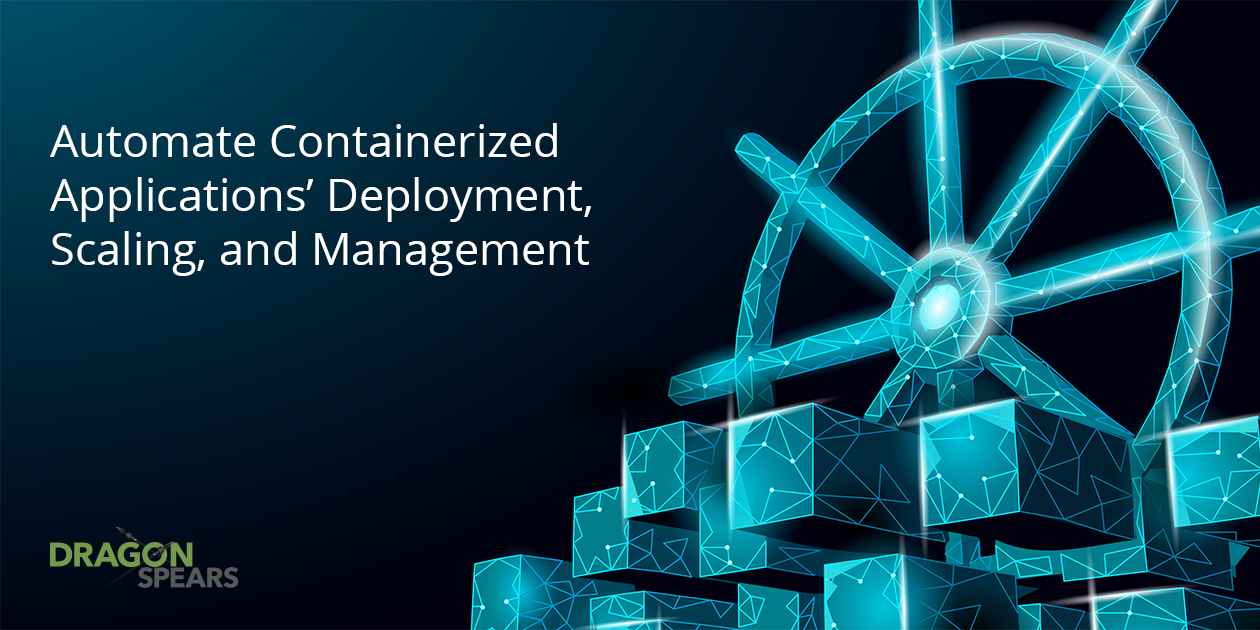
As technology and software engineering evolves, many businesses rely on tools to stay ahead of the curve. One effective tool is Kubernetes, an open-source container orchestration platform that allows organizations to automate their containerized applications’ deployment, scaling, and management. Kubernetes, or K8s, has quickly become the go-to solution for businesses looking to streamline their application development and deployment process in a cloud-native environment.
Here are just a few benefits businesses can expect when they leverage K8s.
1. Scalability of Containerization
In recent years, containers have become increasingly common in packaging and deploying software applications. Containers offer many benefits over traditional virtualization approaches, including portability, reduced overhead, and better resource utilization.
Gone are the days of manually publishing software updates via various network file shares or SFTP and remote sessions. Kubernetes allows software teams to scale and automate application updates, speeding up the deployment process. It scales containerized applications up or down quickly and easily based on the team’s demands, which ensures that application performance remains consistent, even during spikes in traffic.
Organizations using containers can benefit from leveraging Kubernetes to optimize their software team workloads. Kubernetes can help automate the provisioning and deployment of containerized applications, scaling those applications based on load demands and rolling out updates to those applications with minimal downtime.
2. Improved Efficiency
One of the most significant benefits of Kubernetes is that it helps businesses improve their efficiency by automating many of the tasks associated with developing and deploying cloud-native applications. For example, there is no need to provision or manage servers manually, saving time and freeing up valuable resources that can be better spent on other tasks.
Kubernetes can help businesses automate the creation and destruction of test environments, enabling developers to focus on writing code rather than managing infrastructure. As a result, software engineering teams can bring new features and updates to market faster and with less time invested.
3. Effective Resource Allocation & Utilization
Container orchestration systems offer the ability to manage resource allocation and resource distribution to ensure applications run effectively. Kubernetes can orchestrate and automate the deployment of containerized applications, saving significant time and effort compared to manual deployment processes. A tool like Kubernetes can help software teams manage and lower costs because resources are used effectively in the Kubernetes cluster.
In addition to being effective and scalable, Kubernetes is also portable. There’s no need for additional infrastructure investments to using Kubernetes because it can run on any infrastructure: bare-metal servers, virtual machines, etc. This portability makes Kubernetes even more versatile and easy to use.
Kubernetes is quickly becoming the go-to solution for organizations looking to streamline their application development and deployment process. And it’s not hard to see why; Kubernetes offers businesses improved efficiency, increased scalability, and improved resource utilization. To learn more about leveraging Kubernetes within your organization, contact us today.
